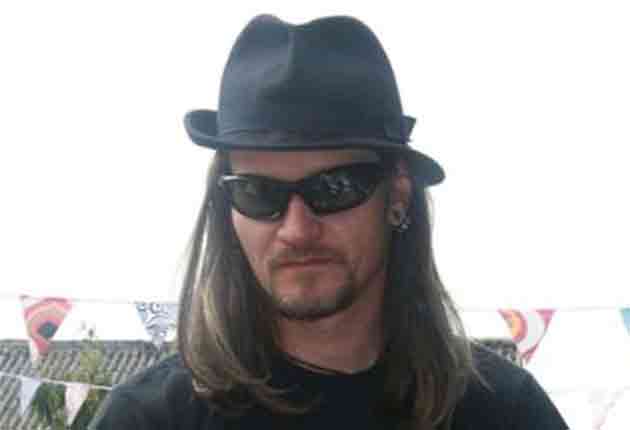Police under fire as trial collapses over 'agent provocateur' claims

Scotland Yard has come under pressure to reveal the extent of its covert surveillance of peaceful protesters after the collapse of a case following the unmasking of an undercover police officer.
Prosecutors announced they were dropping charges against six people accused of a 2009 plot to shut down the coal-fired Ratcliffe-on-Soar power station, in Nottinghamshire, at Nottingham Crown Court yesterday.
Lawyers acting for the protesters had demanded that the Crown Prosecution Service (CPS) should be forced by the trial judge to reveal what role the undercover officer, PC Mark Kennedy, had played in aiding and encouraging the break-in.
The defence team was told on Friday that the prosecution was to drop the case rather than hand over details of PC Kennedy's involvement.
A recent video of PC Kennedy talking to an activist suggests he was not the only officer infiltrating green activist groups. In the video shown on BBC's Newsnight programme last night he tells an activist: "I'm not the only one by a long shot – it's like a hammer to crack a nut. It's spun in different ways but, you know, you start looking at the way the law is used and manipulated."
Activists first suggested they had unmasked the officer's real identity in October. Since beginning his covert work in 2000, he had assumed the identity of Mark Stone and earned the nickname "Flash" because he seemed to have more money than his fellow protesters. He was quickly put to use by the groups he infiltrated because of his driving skills. He was also a keen climber, who has been photographed scaling pylons as part of anti-climate change protests. PC Kennedy subsequently fled overseas and left the Metropolitan Police. Some suspect he is now in the United States. There was no reply from a string of email addresses and mobile numbers he had used over the last decade. However, he has been in touch with lawyers defending the six protesters due to go on trial yesterday and had recently indicated he was willing to give evidence to help their case. All six claimed they had never finally agreed to aid the Ratcliffe protest.
The extent of the Met officer's involvement in helping to organise protests led some to accuse the police of entrapment. Bradley Day, 23, a charity worker who has already faced trial for his involvement in the Ratcliffe-on-Soar plot, said PC Kennedy had even paid to hire a van used to transport equipment.
Mr Day added that, last January, PC Kennedy had accompanied protesters on a reconnaissance trip to the power station. However, police waited for four months before taking action. They arrested more than 100 people on 13 April last year when they raided a meeting of activists held at Iona School in Sneinton, Nottingham. Mike Schwarz, the solicitor for the six protesters who saw the case against them dropped, said police and the CPS had chosen to "hush up" details of the covert operation. He said the Metropolitan Police should be forced to explain their policy for monitoring protest groups, adding that a miscarriage of justice had been averted only when activists found a passport revealing PC Kennedy's identity.
"There should now be a publicly accountable process about how we came so close to a miscarriage of justice here, if his identity had not been uncovered by protesters," Mr Schwarz said. "The ball is in the court of the police to answer a number of questions on the use of undercover officers to monitor peaceful protesters. The police have still yet to explain PC Kennedy's role."
The CPS denied the collapse of the trial was triggered by the unmasking of PC Kennedy. A spokesman for the Met said the force was "not prepared to discuss" PC Kennedy's involvement.
Danny Chivers, a defendant in the trial, said the police must be forced to answer questions about how they went about the operation. "The police appear to have waited for the opportunity to arrest over 100 people," he said. "Political protest of the kind being planned that day presents no risk to the public, yet the police consistently resort to the most extreme tactics they can muster."
There were calls for Theresa May, the Home Secretary, to answer questions in Parliament about the undercover officer. David Winnick, a Labour member of the Commons Home Affairs committee, said she needed to answer accusations that PC Kennedy had acted as an "agent provocateur".
Bookmark popover
Removed from bookmarks